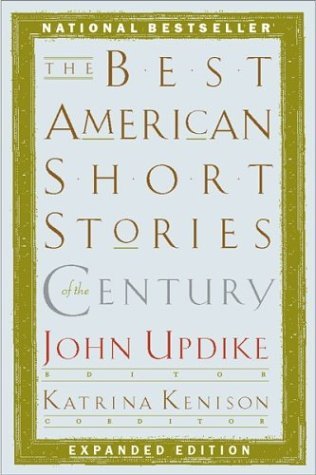8♦ 8♦ 8♦ 8♦ 8♦ 8♦ 8♦ 8♦
“The paper will burn, except for a few pieces caught by the wind and carried into someone’s pasture or barnyard. Burned or not, the paper will dissolve into the earth in the first heavy rain. The birdcages and knick-knacks will rust and chip and dissolve, too, after a few seasons.”
In Jon Hassler’s short story “Keepsakes”, Roger’s parents make him help the grumpy old priest, Father Fogarty, clean out his rectory before he is transferred to another parish. Lots of old letters, documents and birdcages make for interesting conversation between the young boy and old man. Based on the dates mentioned in the conversations, I would guess that the story is set somewhere around the early 1940’s. And based on the fact that many of Hassler’s stories and novels are set in Minnesota (per Amazon.com), I would guess that this is where “Keepsakes” is set, also.

While many in the town are not sad to see Father Fogarty leave, Roger’s family is at least respectful. An unspoken understanding of each other develops during the afternoon Roger spends with the priest. In the depth of the conversations, the reader can glimpse Father Fogarty’s line of questioning to himself, if not to Roger, about whether his years as a priest or even his years as a human being have been worth it.
The final bittersweet paragraph lets the reader know that the priest, at least in one afternoon, made a difference in one boy’s life.
Something about this story reminds me of Robert Penn Warren’s “Christmas Gift”. I think it was the fact that cigarette smoking seemed to play a prominent role in this story as well as in Warren’s. Roger’s father smokes more than he talks. Father Fogarty smokes while he’s talking. Roger reminds himself of when he and a friend attempted to smoke. Smoking gives a sense of sturdiness to the characters even as they may contemplate the fleetingness of life.
This story is included in my copy of The Best American Catholic Short Stories edited by Daniel McVeigh and Patricia Schnapp. I read it when I selected the Eight of Diamonds for Week 17 of my Deal Me In 2018 short story project. My Deal Me In list can be seen here. Deal Me In is hosted by Jay at Bibliophilopolis.




